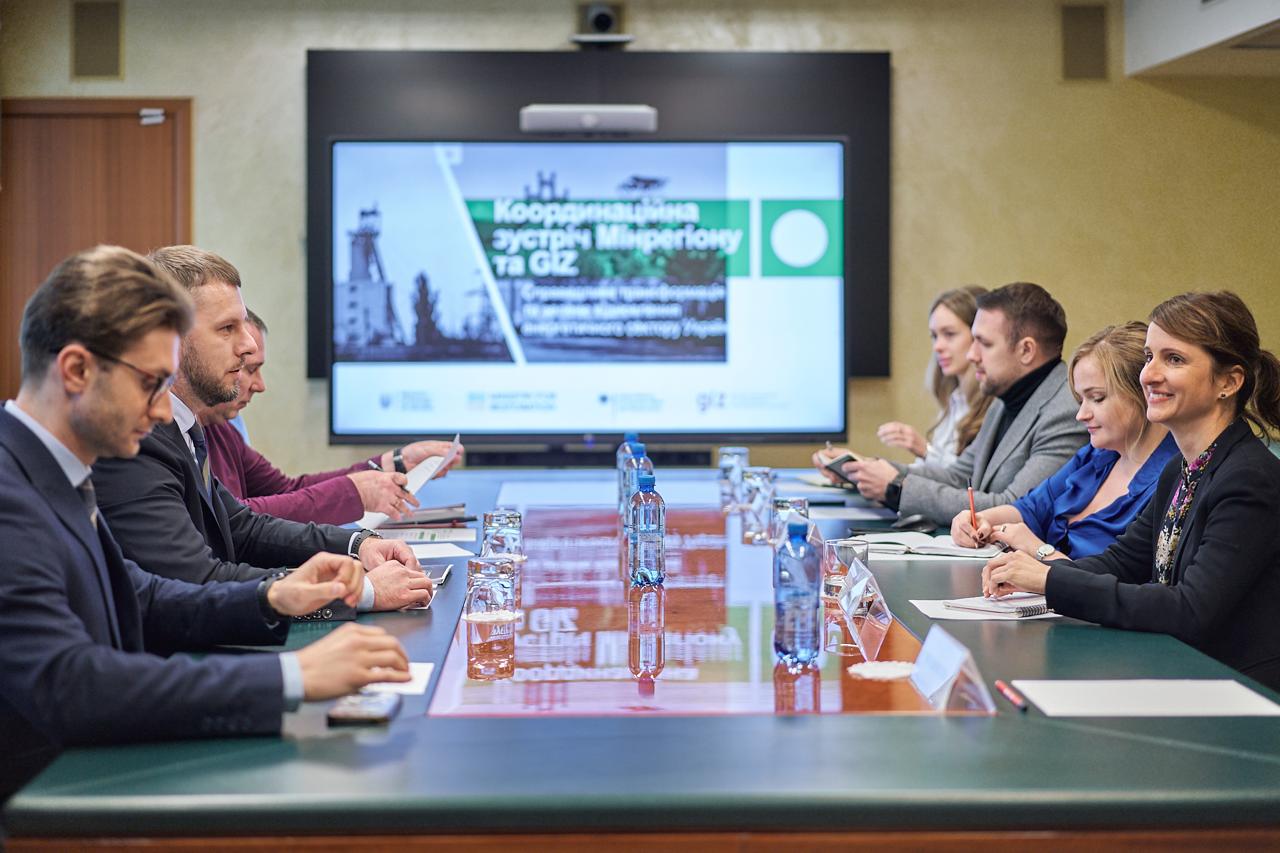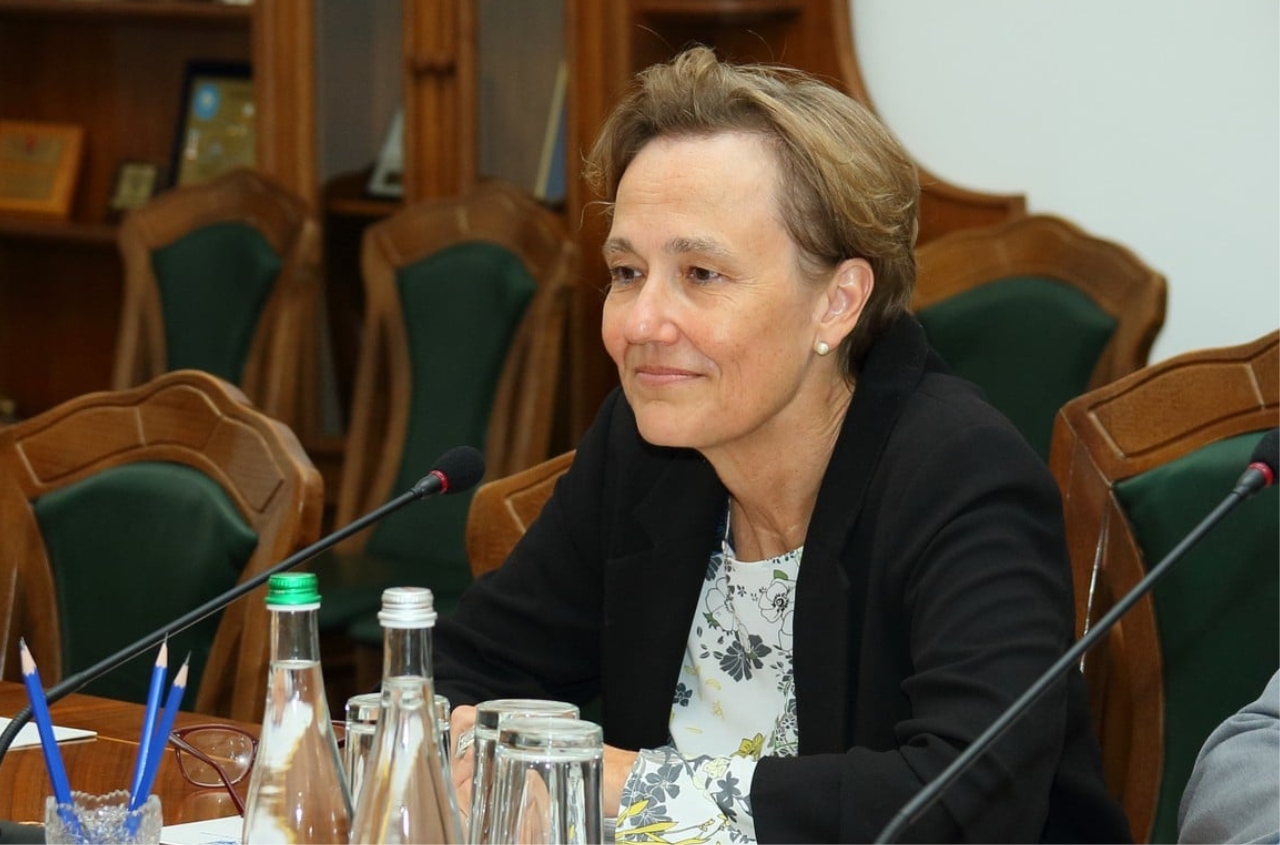Deputy Minister for Communities and Territories Development of Ukraine, Oleksiy Ryabikin, held a coordination meeting with representatives of the German Corporation for International Cooperation (GIZ).
During the meeting, Ryabikin expressed gratitude to international partners for their consistent and systematic support of Ukraine. He emphasized that the Ministry of Infrastructure is leading efforts in the positive transformation of coal regions, having already developed a national program in this area.
He highlighted the importance of collaboration with GIZ, particularly in responding to the challenges posed by the ongoing war. The Ministry also has proposals for future joint efforts.
"Previously, the GIZ project focused on two coal communities—Chervonohrad in the Lviv region and Myrnohrad in the Donetsk region. Given the instability in the Donetsk region, we propose to expand cooperation to coal mines in the Volyn region, which require a new approach to shifting economic priorities. Another case involves thermal and energy generation from coal, particularly with the state enterprise Centrenergo, including the Trypilska and Slobozhanska thermal power plants, which are key state-owned enterprises but have suffered significantly from Russian shelling," Ryabikin said.
He added that the third area of collaboration is continued support from GIZ for coal mines in the Dnipropetrovsk region, a significant coal extraction hub.
The Deputy Minister also noted ongoing work on a project to reform school nutrition, overseen by Ukraine's First Lady, focusing on the creation of a kitchen factory in Chervonohrad.

Miriam Faulwetter, head of the GIZ project "Fair Transformation of Coal Regions and Green Recovery of Ukraine's Energy Sector," noted that the project focuses on coal communities and regions. Together with the Ministry of Infrastructure, GIZ aims to rethink the sustainability, resilience, and energy security of these regions for future development.
"We want to continue working with the Ministry of Infrastructure and are ready to provide further support through working groups and other programs. In addition to the current project, we are working on a new one with support from the German government. It is expected to begin in early 2025 and will focus on four areas, including infrastructure, especially energy. We hope to continue fruitful cooperation in this new project as well," Faulwetter said.
GIZ has supported Ukraine's democratic transformations on behalf of the German federal government since 1993. Since 2009, GIZ has had an office in Kyiv.





















